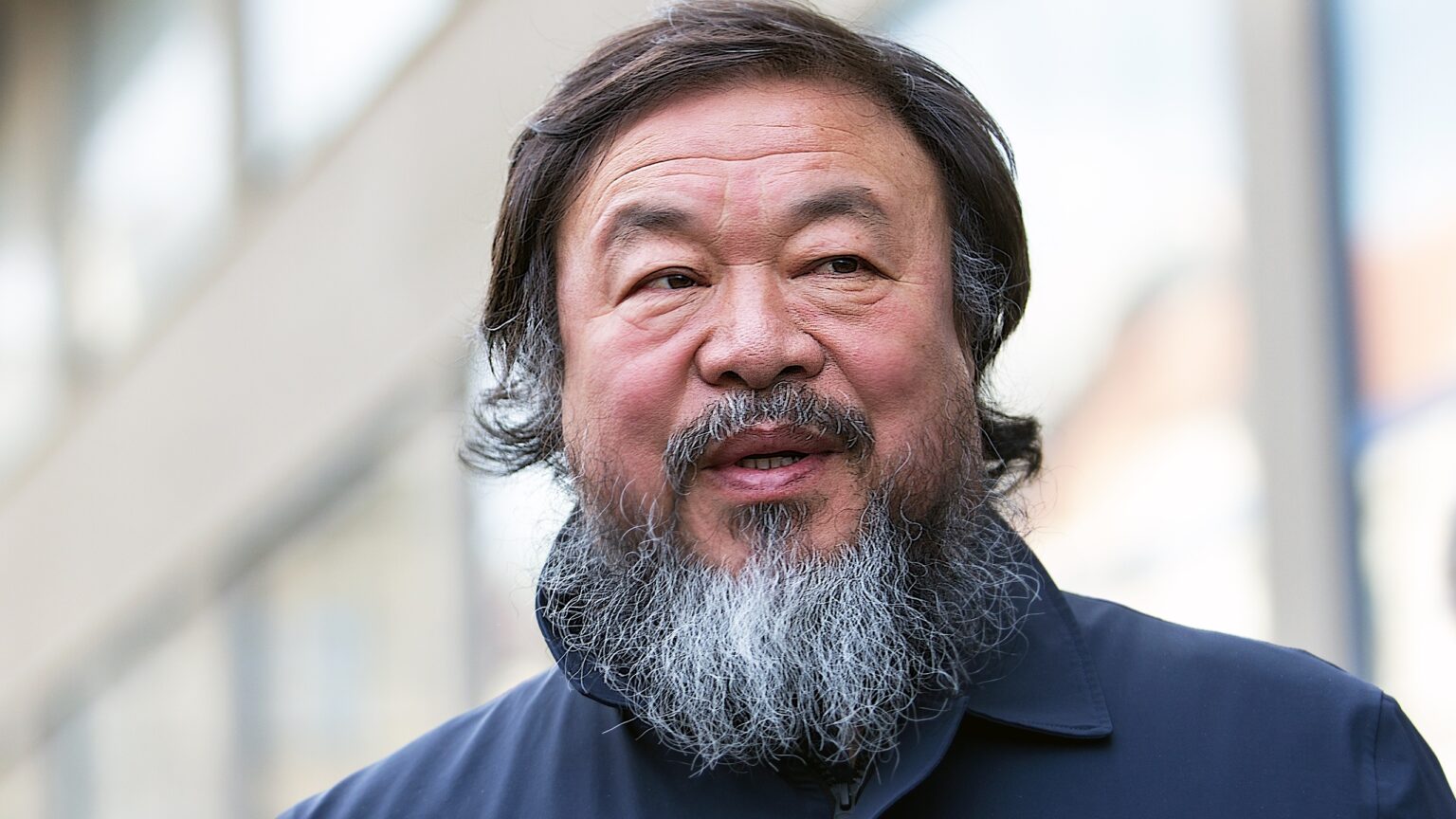A Chinese artist responds to debate about data-scraping as he prepares for a new collaboration with AI. According to Ai Weiwei, a Chinese dissident artist, art that can be easily replaced by artificial intelligence (AI) is meaningless.
The Chinese artist believes that if AI existed in Pablo Picasso and Henri Matisse’s era, they would have to rethink their strategy. The Chinese artist’s comments feed into the ongoing debate on the rise of AIs. These AIs make use of data scrapped from artists’ websites to create original images using their style.
Also read: OpenAI Negotiates News Content Licensing with CNN, Fox, and Time
However, there are several class-action lawsuits in the United States by artists whose designs are popular among AI users. These artists went ahead to report several thousands of images that used their aesthetic as a base without their permission.
Ai Weiwei shares his doubts
Ai Weiwei was born in Beijing in 1957 and has been an outspoken critic of the Chinese authorities throughout his career. He grew up in labour camps in northwest China following the exile of his father, the poet Ai Qing.
Known for his provocative art and political activism, Ai Weiwei shared his doubts about the role of AI in artistic creation. He went on to say that any art that can be effortlessly duplicated by AI has lost its essence. According to him, such replication makes the work meaningless.
#Art that can be easily copied by #AI is ‘meaningless’, says #AiWeiwei#Weiwei https://t.co/EHe67orvlw
— World News Network (@worldnewsdotcom) January 11, 2024
Additionally, he stated that legendary artists like Pablo Picasso and Henri Matisse would have been prompted to revise their artistic strategies in the age of AI.
Significantly, this conversation is coming at a time when the art world is faced with the challenge of the implications of AI. Artificial intelligence (AI) technology can make original images. More often than not, AI technology does this by mimicking the style of popular artists. They do this without the consent of the artist, and this has raised critical questions about creativity and originality in the digital age.
Ai Weiwei emphasized the production of realistic images as he extended his criticism to art education. He also challenged the essence of artistic training, as AI can imitate realistic images with remarkable speed and precision.
Ai Weiwei vs. AI
Interestingly, the Chinese artist is venturing into a collaboration with AI, and he titled it Ai vs. AI. This collaborative project involves a human creator and an AI system responding to the same set of 81 questions over 81 days. This number is personally significant for Ai Weiwei. It reflects the duration of his detention by Chinese authorities in 2011.
Ai Weiwei’s next work – entitled ‘Ai vs AI’ – is a collaboration between himself and an AI – where the two will give answers to the same list of 81 questions posed over 81 days…the same number of days he was confined by the Chinese state in 2011. https://t.co/rr0xKiE3K8
— Kenneth Olumuyiwa Tharp CBE, FRSA (@KennethTharp) January 11, 2024
However, Ai doesn’t shy away from expressing his concerns about AI’s potential impact on society. He describes his collaborative project as a bit of fun and says it’s similar to someone throwing a pebble across a pond to see the ripple effect.
The Chinese artist, who now splits his time between Cambridge and Portugal, fears that a future dominated by AI might lead to a homogenized world. According to him, there’s only one correct answer in a homogenized world, and diverse perspectives are lost.
He went on to draw parallels to authoritarian regimes like the Third Reich and the Cultural Revolution in China.
Despite technological advancements in the present world, Ai Weiwei affirms the role of artists in society. He stated the importance of challenging the status quo, being a voice for the marginalized, and posing different questions. In an increasingly AI-dominated world, Ai Weiwei’s stand is a reminder of the unique power of art to confront, question, and communicate.









 and then
and then